The kings and queens of soul music
Soul music has a legacy that transcends generations, resonating with listeners through its emotive power and profound lyrics. This genre emerged from the African American experience, blending gospel, rhythm and blues, and jazz into a rich tapestry of sound.
Its influence is undeniable, shaping countless artists and music styles. As we delve into the history and key figures of soul music, we uncover a treasure trove of cultural milestones and unforgettable melodies.
Ray Charles: The Genius Behind the Piano

Ray Charles, often hailed as a pioneer of soul music, brought a distinct blend of gospel, jazz, and blues to his compositions. His groundbreaking hit “I Got a Woman” in 1954 is considered one of the first soul songs.
Blind from the age of seven, Charles’s ability to transcend his disability and create music that touched the soul is a testament to his genius. His innovative approach paved the way for the soul genre, inspiring countless artists to follow in his footsteps.
Aretha Franklin: The Undisputed Queen of Soul
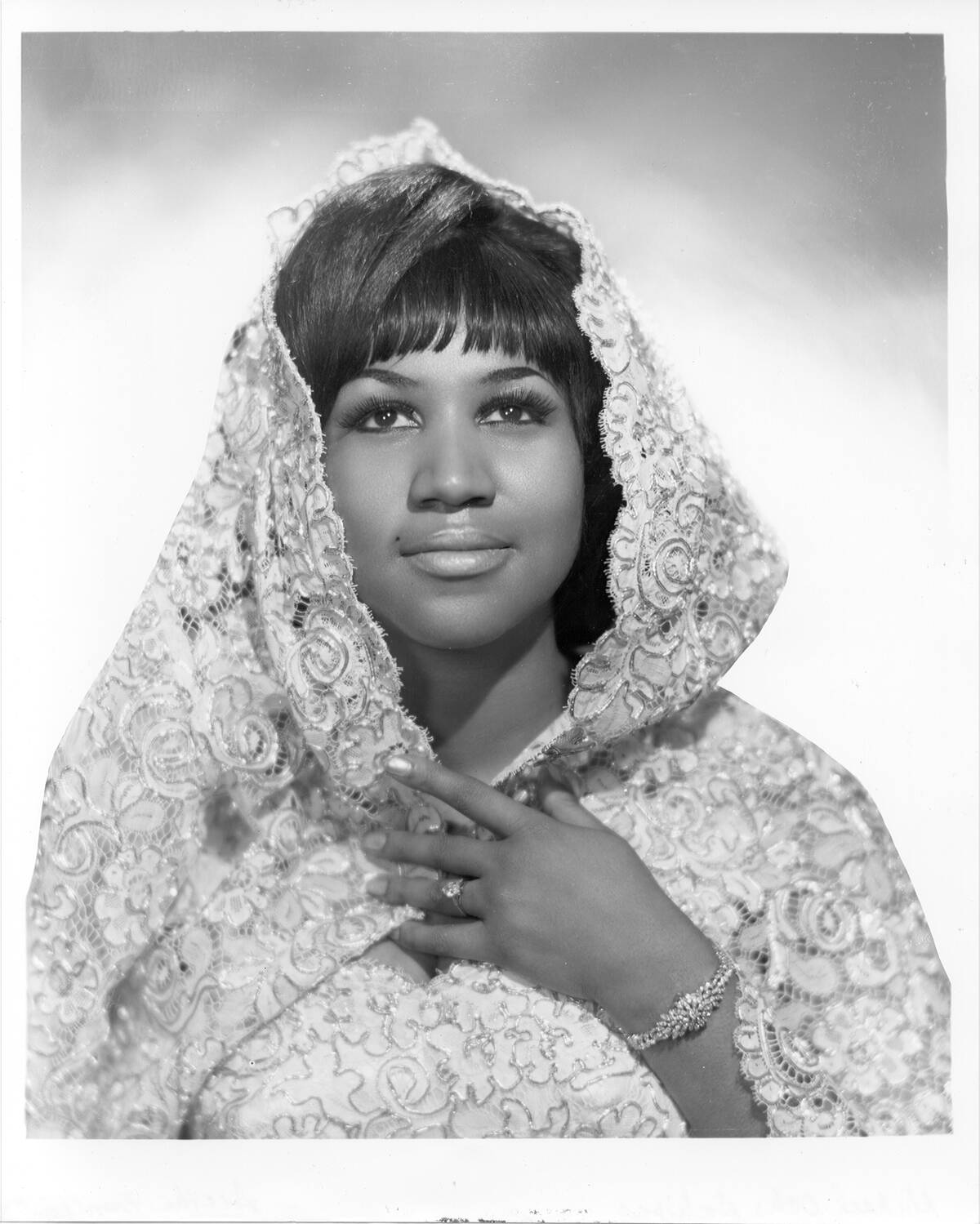
Aretha Franklin’s powerful voice and emotive delivery earned her the title of “Queen of Soul.” Her 1967 hit “Respect” became an anthem for the civil rights and burgeoning feminist movements, showcasing her ability to infuse songs with profound social significance.
Franklin’s impressive vocal range and emotional intensity left an indelible mark on the music world. Her influence extended beyond soul, impacting genres such as pop and R&B, and she remains a symbol of empowerment and resilience.
Sam Cooke: The Smooth Voice of Change
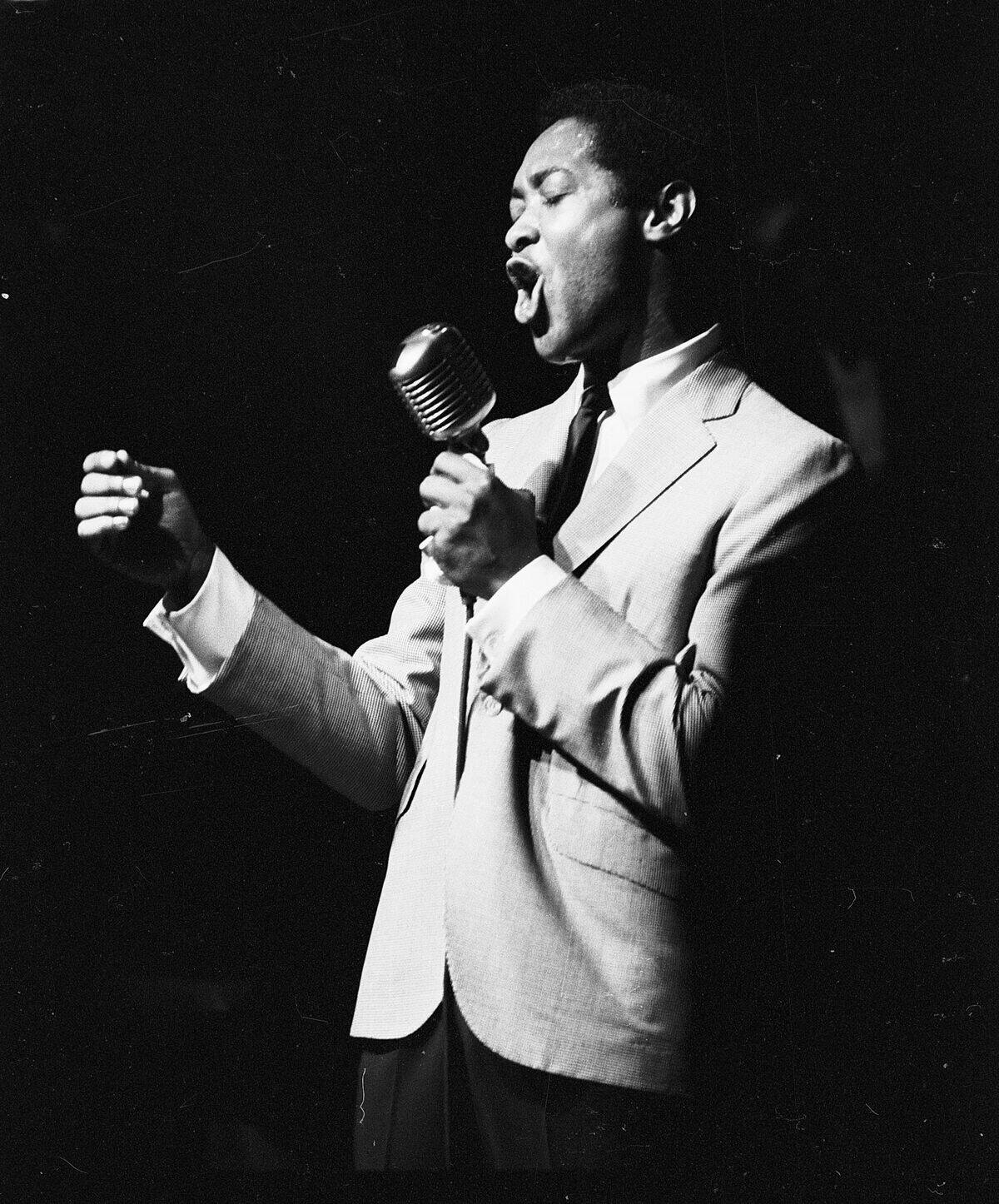
Sam Cooke, known for his smooth vocals and charismatic presence, played a crucial role in the evolution of soul music. His 1964 song “A Change Is Gonna Come” is often hailed as a civil rights anthem, reflecting the societal changes of the time.
Cooke’s ability to blend gospel influences with mainstream appeal helped bridge cultural divides. His tragic death at the age of 33 only added to his legendary status, leaving behind a legacy of hope and transformation.
James Brown: The Godfather of Soul and Funk
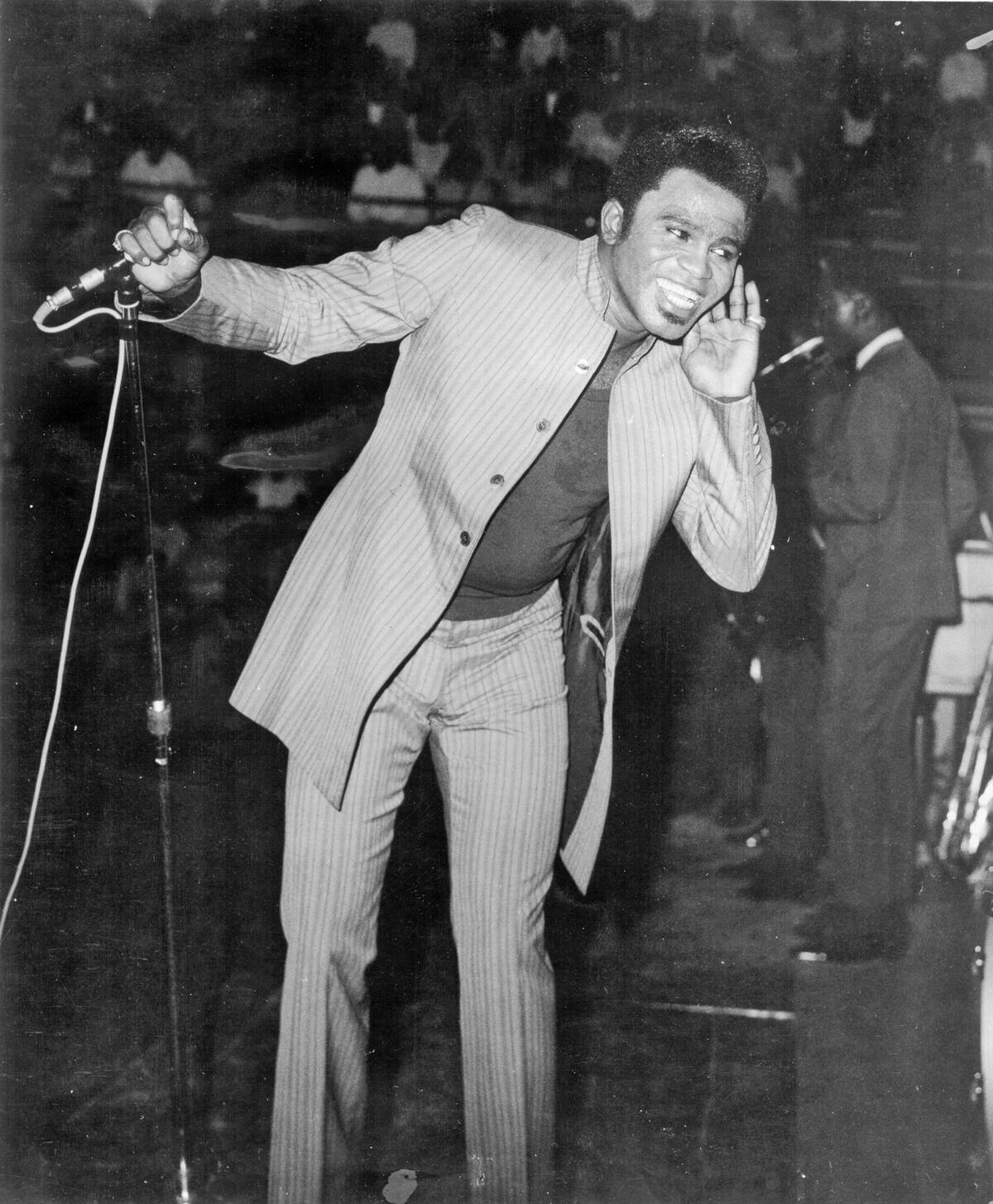
James Brown, often referred to as the “Godfather of Soul,” was a charismatic performer known for his explosive stage presence and rhythmic innovation. With hits like “Papa’s Got a Brand New Bag,” Brown laid the groundwork for funk music with his emphasis on groove and rhythm.
His influence extended beyond music, as he became a cultural icon and advocate for African American pride and empowerment. Brown’s dynamic performances continue to inspire artists across genres.
Otis Redding: The Soulful Voice of the ’60s
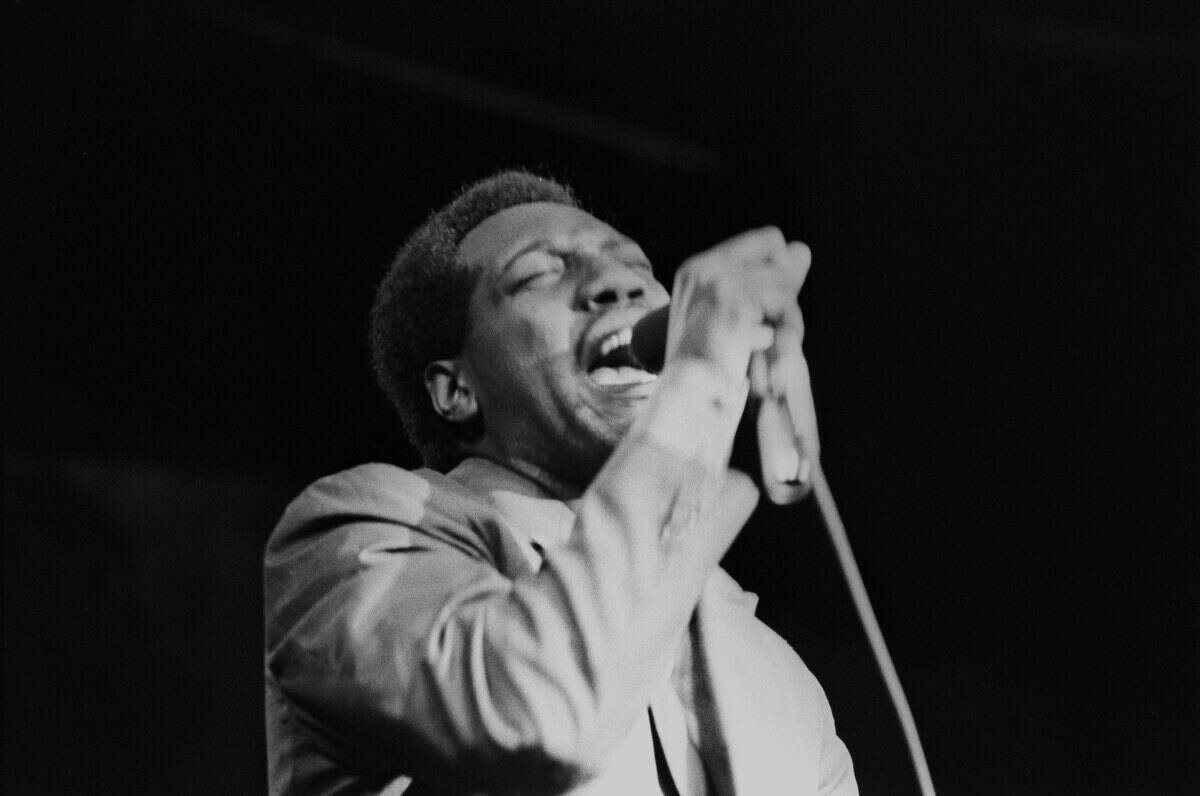
Otis Redding’s raw, heartfelt voice captured the essence of soul music in the 1960s. Known for hits like “(Sittin’ On) The Dock of the Bay,” Redding’s ability to convey deep emotion resonated with audiences worldwide.
Tragically, his life was cut short by a plane crash in 1967, but his legacy endures through his timeless music. Redding’s influence on soul and R&B is immeasurable, and his songs continue to evoke powerful feelings of love and loss.
Marvin Gaye: The Prince of Motown and Soul
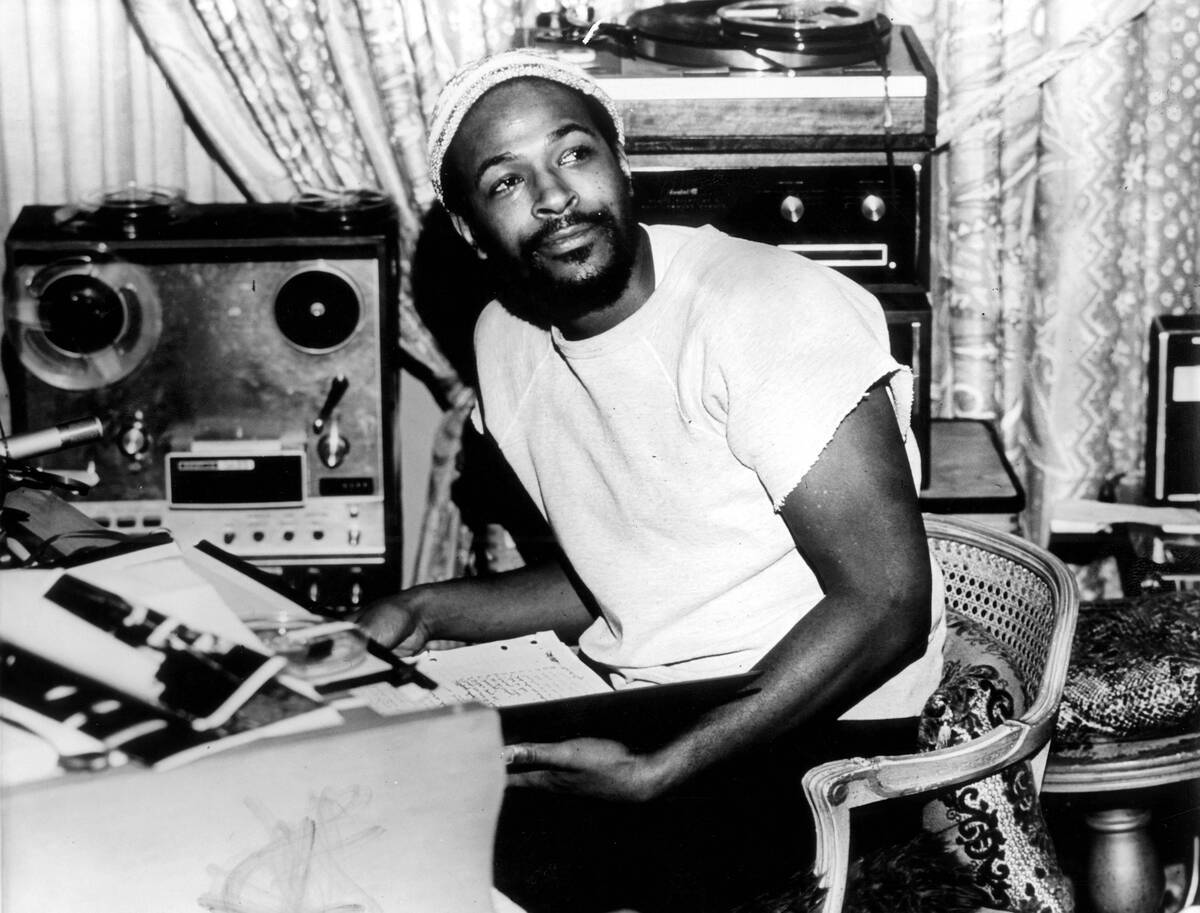
Marvin Gaye, often dubbed the “Prince of Motown,” was a visionary artist known for his silky smooth voice and socially conscious lyrics. His 1971 album “What’s Going On” addressed pressing issues like war and environmental concerns, earning critical acclaim.
Gaye’s ability to blend sensuality with introspection set him apart in the soul genre. His tragic death in 1984 was a devastating loss, but his music continues to inspire and provoke thought.
Al Green: The Reverend of Soulful Serenades
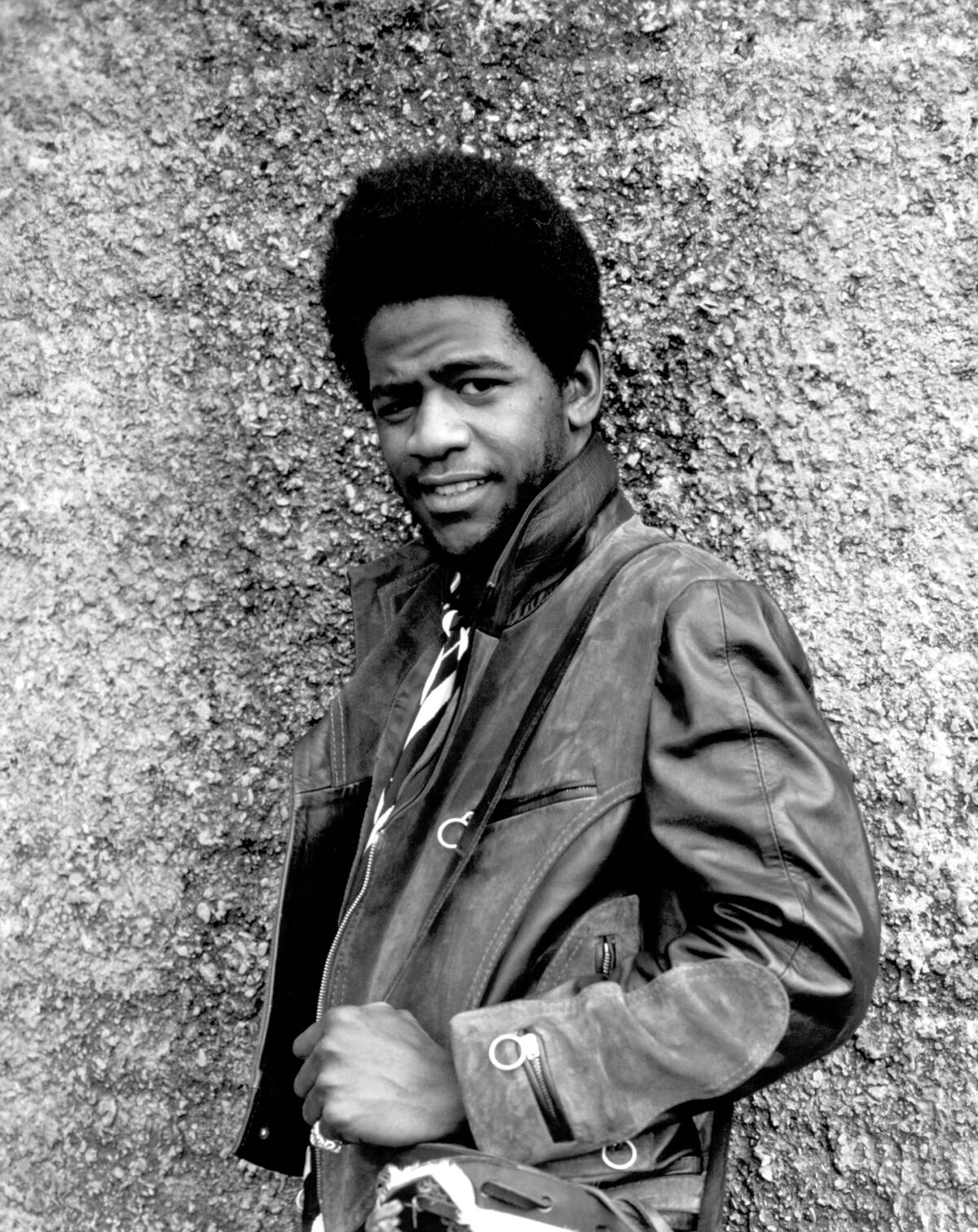
Al Green, known for his lush, romantic ballads, brought a gospel-infused warmth to soul music. With hits like “Let’s Stay Together,” Green’s silky voice and heartfelt delivery captured the essence of love and longing.
After experiencing a personal transformation, he turned to gospel music and became a pastor, blending his spiritual beliefs with his musical career. Green’s influence on both soul and gospel music remains profound, touching the hearts of listeners worldwide.
Etta James: The Powerful Voice of Emotion
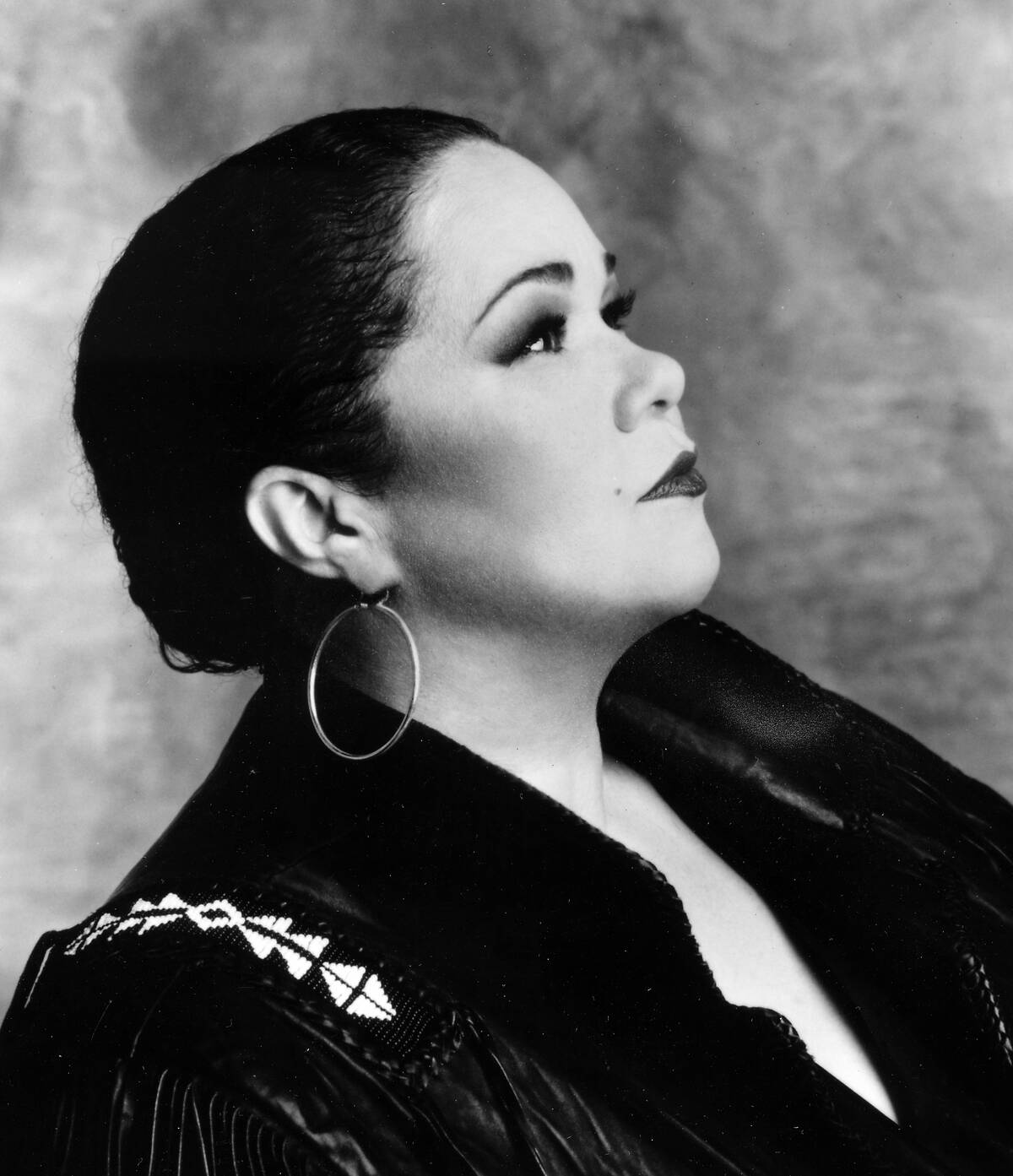
Etta James, with her powerful, emotive voice, left an indelible mark on the world of soul music. Her iconic song “At Last” remains a timeless classic, showcasing her ability to convey deep emotion and vulnerability.
James’s career spanned several decades, during which she explored various musical styles, including blues and rock. Her resilience and ability to overcome personal struggles made her a symbol of strength and perseverance in the music industry.
Stevie Wonder: The Child Prodigy and Innovator
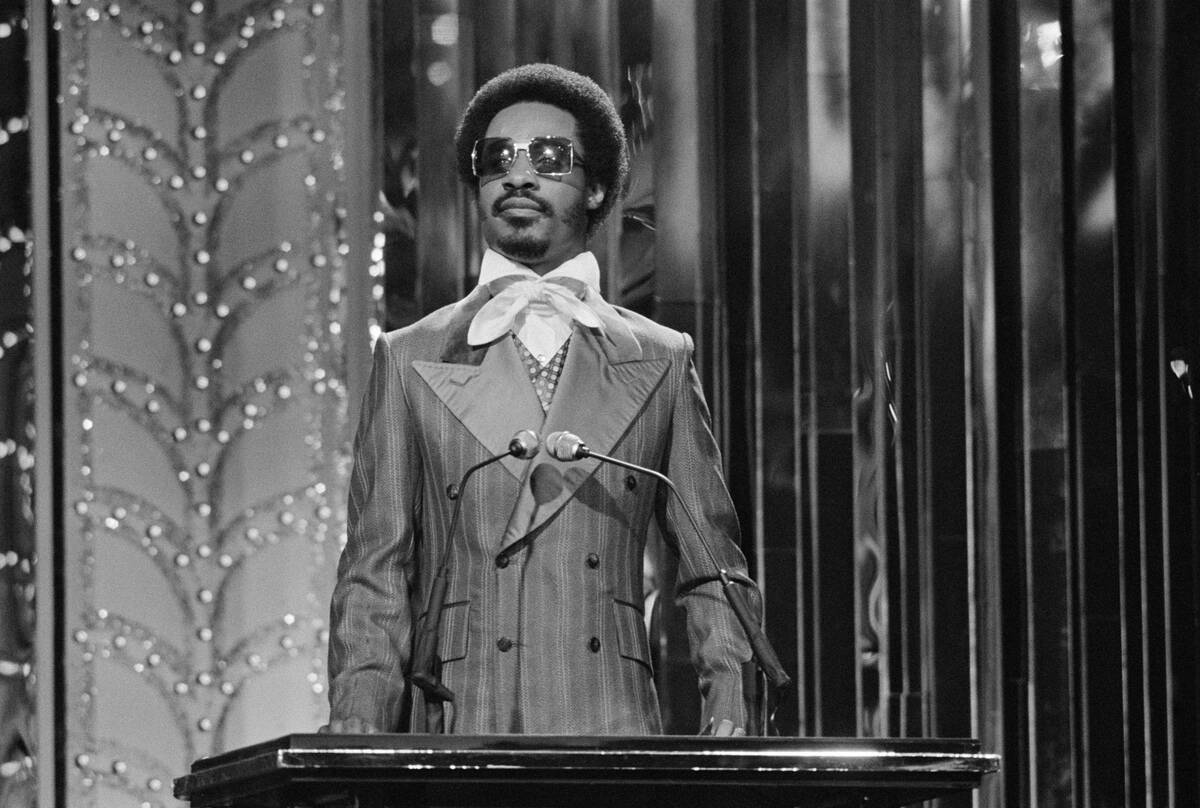
Stevie Wonder, a child prodigy who signed with Motown at age 11, revolutionized soul music with his innovative sound and musical prowess. Blind from birth, Wonder’s ability to craft intricate melodies and socially conscious lyrics set him apart as a true innovator.
Albums like Songs in the Key of Life and Innervisions are considered masterpieces, blending elements of soul, funk, and jazz. Wonder’s influence is widespread, touching countless artists across various genres.
Gladys Knight: The Empress of Smooth Soul
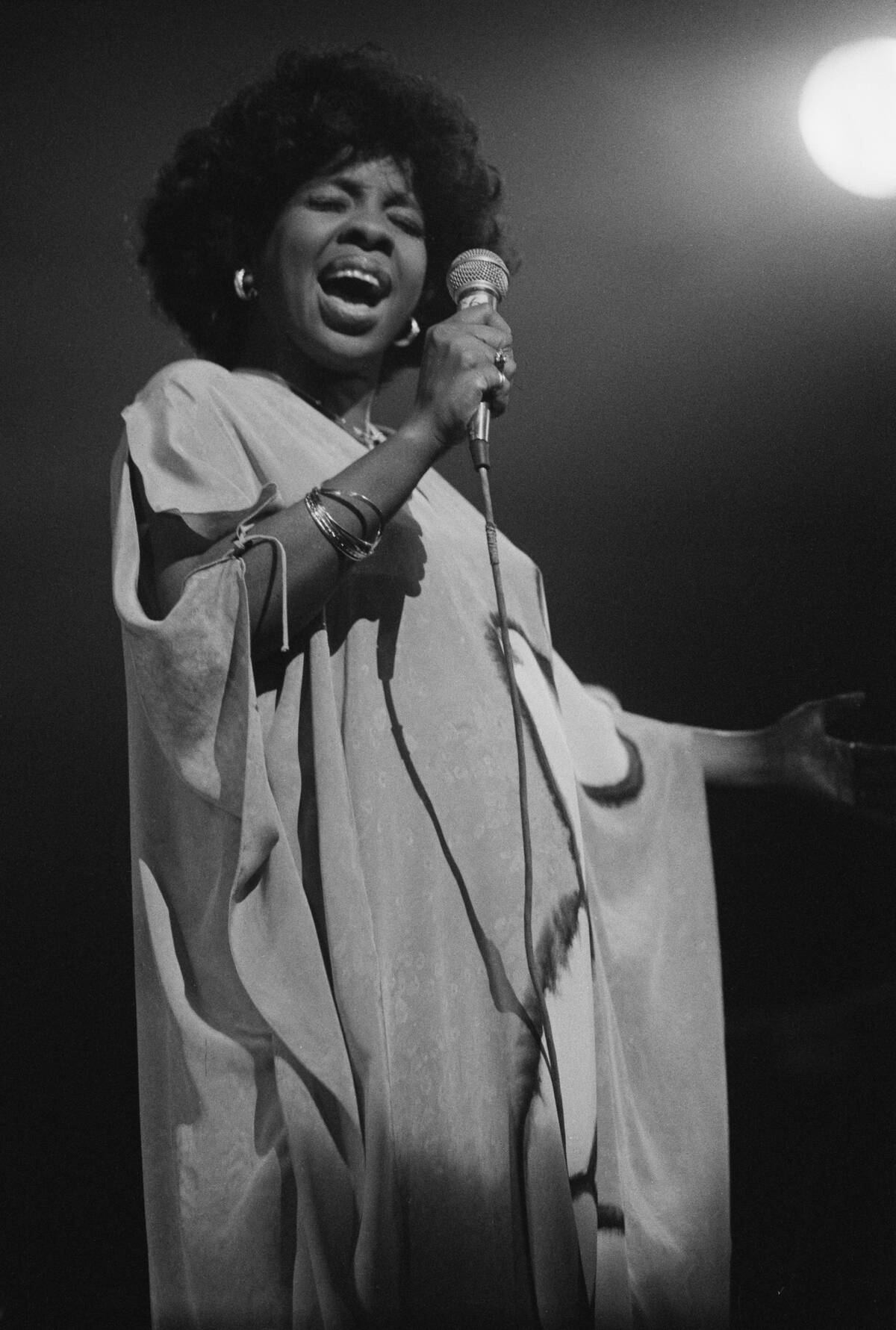
Gladys Knight, often referred to as the “Empress of Soul,” is celebrated for her smooth, soulful voice and timeless hits. With her group, Gladys Knight & the Pips, she delivered classics like “Midnight Train to Georgia,” capturing the essence of love and heartache.
Knight’s career has spanned over six decades, during which she has garnered numerous accolades and awards. Her ability to connect with audiences through her heartfelt performances has made her a beloved figure in music.
Curtis Mayfield: The Soulful Social Commentator
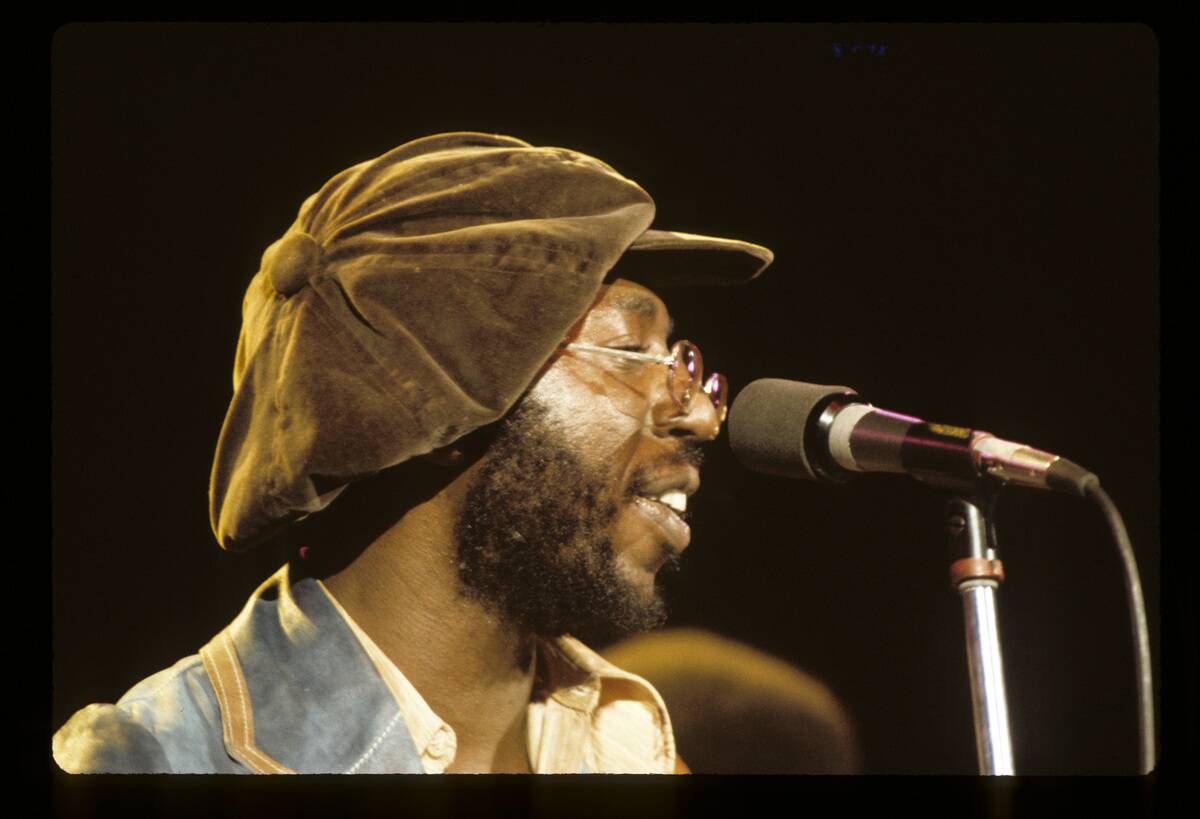
Curtis Mayfield, known for his politically charged lyrics and soulful melodies, was a pioneer in addressing social issues through music. As the lead singer of The Impressions, he delivered songs like “People Get Ready,” a call for unity and change.
Mayfield’s solo work continued this tradition, with his album Super Fly serving as a commentary on urban life and struggles. His ability to blend social consciousness with musical innovation made him a revered figure in soul music.
Nina Simone: The High Priestess of Soul
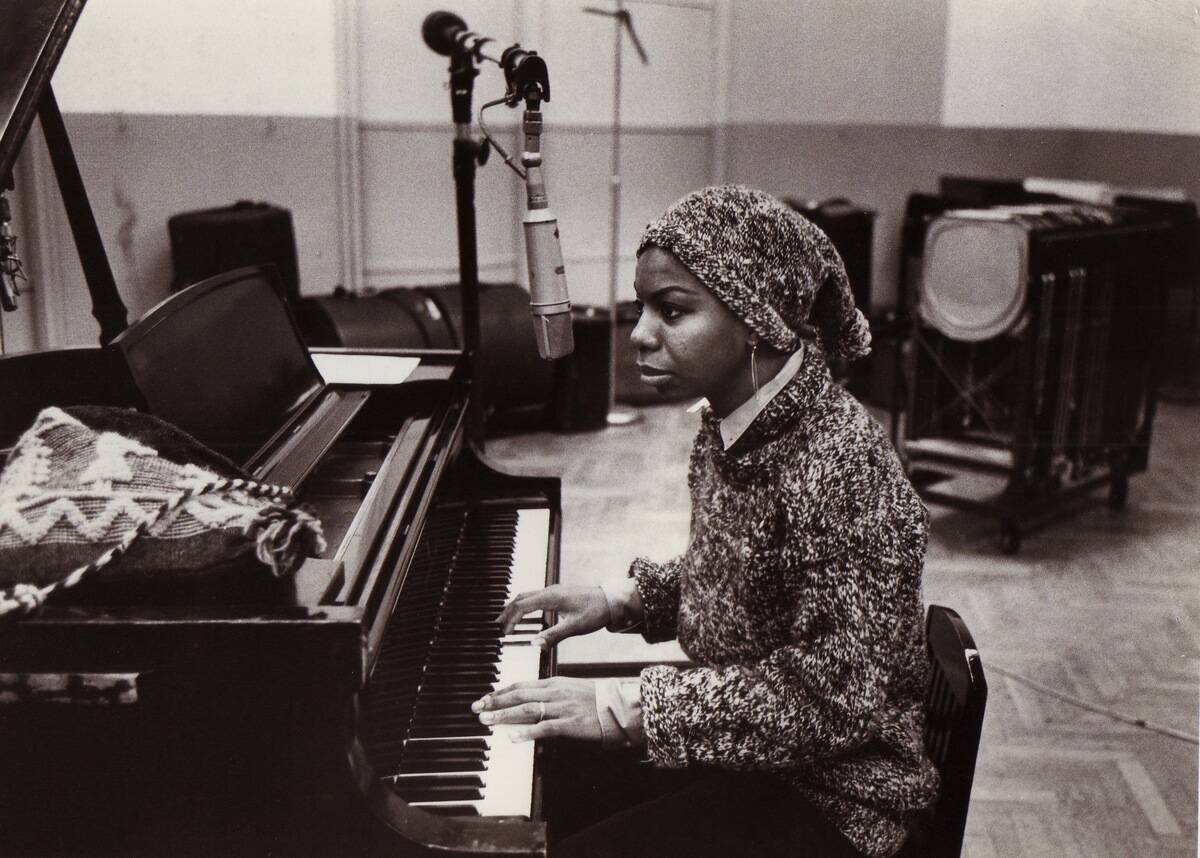
Nina Simone, often called the “High Priestess of Soul,” was a versatile artist known for her powerful voice and activism. Her music defied genre boundaries, incorporating elements of jazz, blues, and classical influences.
Songs like “Mississippi Goddam” highlighted her role as a vocal advocate for civil rights and social justice. Simone’s ability to convey raw emotion and tackle complex themes made her a venerated figure in music and beyond, inspiring generations of artists.
Smokey Robinson: The Poet Laureate of Soul Music
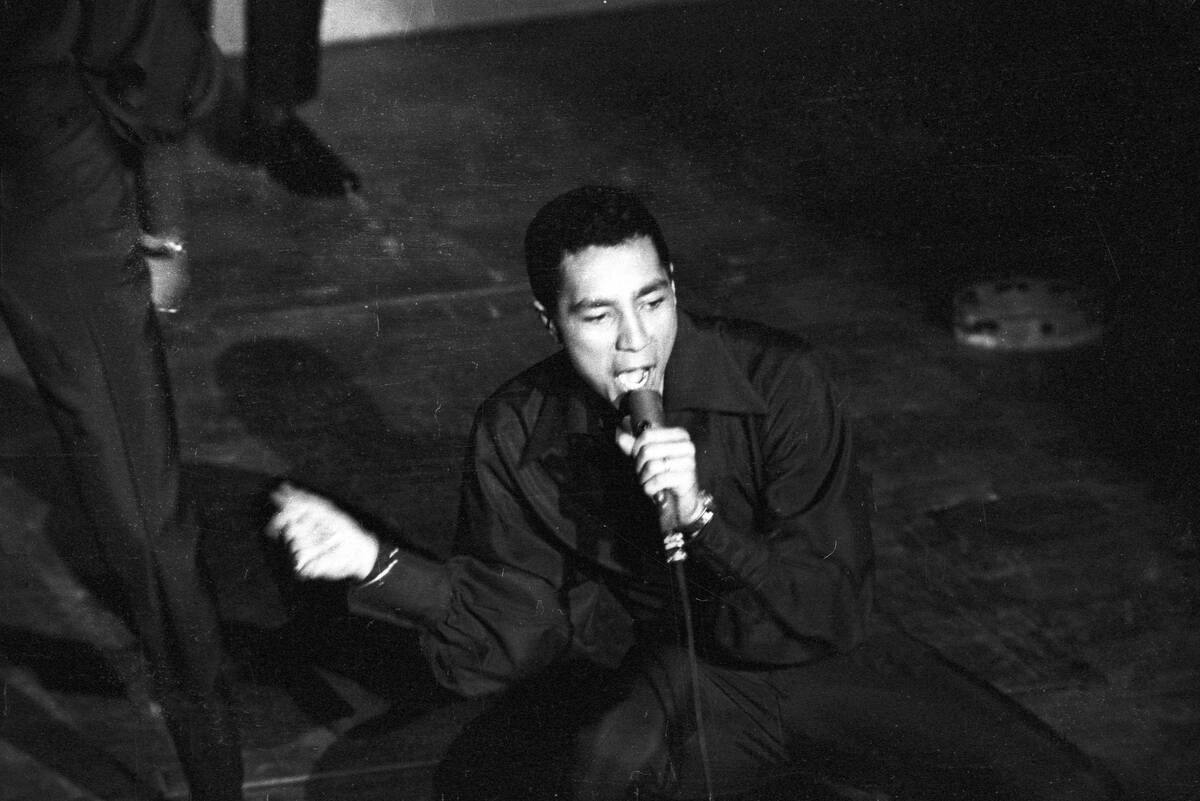
Smokey Robinson, a prolific songwriter and performer, is often hailed as the “Poet Laureate of Soul Music.” As the frontman of The Miracles, he penned timeless hits like “Tracks of My Tears” and “Tears of a Clown.”
Robinson’s lyrical craftsmanship and smooth vocals helped define the Motown sound. His contributions extend beyond performance, as he played a key role in shaping the careers of other Motown legends. Robinson’s influence on soul music is both profound and enduring.
Whitney Houston: The Queen of Pop

Whitney Houston, with her powerful voice and stunning range, became a global icon and was often referred to as the “Queen of Pop.” Her debut album in 1985 catapulted her to fame with hits like “Saving All My Love for You.”
Houston’s ability to blend pop sensibilities with soulful depth made her a crossover sensation. Despite personal struggles, her legacy endures through her music, which continues to inspire and captivate audiences worldwide.



